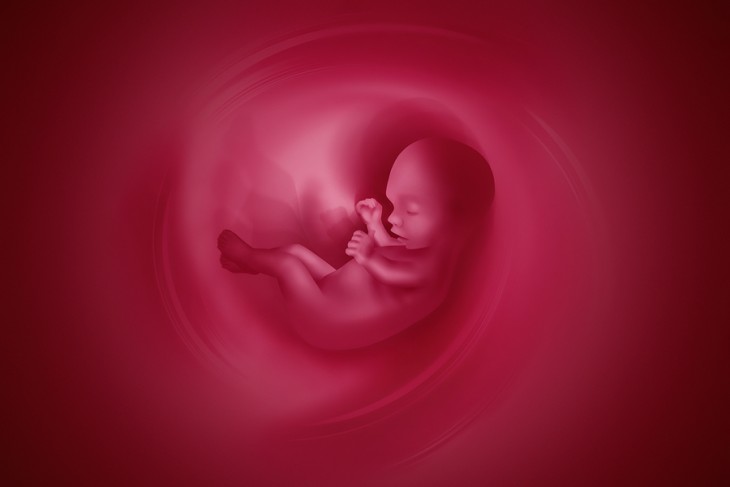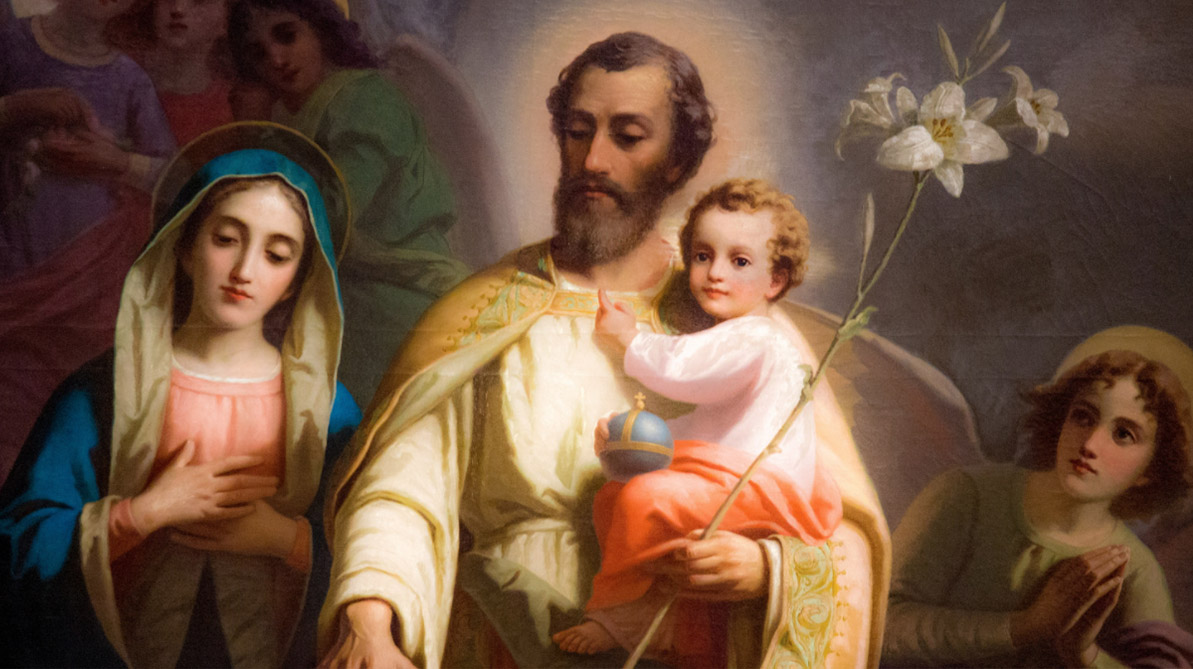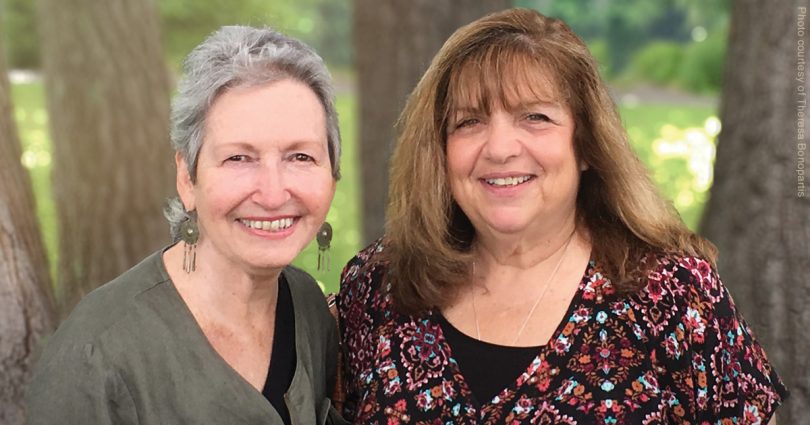By Mark Davis Pickup
The onset of multiple sclerosis is sudden. I went dead from the waist down. I could not distinguish something hot from something cold. I could not distinguish blunt from sharp. Overnight, I lost the use of my right hand, and I am right handed. My wife had to help me dress. For a time, I could not hold a pencil, and when I came to the point where I could, I scribbled like a little kid. Within a week, I had gone from the world of the able-bodied to the world of the disabled. They are distinctly different worlds, rather like two solitudes.
From 1984 to 1987, I found myself on a relentless slide downhill. The pattern of attack and remission was so volatile that I would go to bed at night not knowing what I would wake up with or wake up without. My vision was affected for a while. I would lose the ability to speak, and I would froth like an imbecile. I would gain my speech back, lose it, gain it, lose it. I would go incontinent. I would lose sensation. I would lose short term memory and experience confusion. In fact, that is what drove me from my career in the end, I would go spastic. I would experience a crippling fatigue, and I still do.
Happily, most of these symptoms have abated. I use a cane around the house and my scooter for distances of more than half a block. During my bad times, I am confined to a chair—or worse, bed—and I know that there is a good chance that my destiny is to be bedridden, barring an effective treatment being developed for multiple sclerosis.
SIGNIFICANT COMMUNITY
Everyone needs to belong to a community in its truest and most complete sense. I prefer to use the phrase “significant community” by which I am referring to a network of people who provide nurture for each other, and create a living environment that is inviting for all its members, and where relationships are important, and interdependence is viewed as something to be cherished. I am very fortunate to have a significant community. My wife, my family and dear friends are part of that significant community. I am referring to a community of people who are committed to helping people search for life with dignity. People who encouraged me and helped me search for purpose and meaning again.
They were not afraid to help me understand that to be vulnerable encourages acceptance and freedom from fear. My significant community has benefited because they got a clear glimpse of their own humanity, and I think they like what they saw.
You see, part of the grieving process is helping people find the resources to invest in the next stage of their life, even if that next stage is its conclusion.
This can, if we let it, change victims into victors. That is what a significant community is, and that is what a significant community does.
IS OUR RESPONSE TO KILL?
Perhaps you are thinking, “That is fine for him; he has a significant community. What about those who do not?” That is precisely the question. What about those who do not? Is it any wonder that they would choose death rather than live in a world without a significant community for them? Is our response to kill them in their desperation or is our response to find them the nurture of a significant community?
During my darkest days, if I had not belonged to a significant community, and all that entails, I am sure I would have wanted to die.
Where do we find this significant community? A significant community is us, you and me. A caring significant community has no place for euthanasia. It is committed to the promotion of good palliative care. A caring, significant community is committed to the idea of supporting people in their search for life with dignity.
A CIVILIZED SOCIETY
The title of “civilized society” is something that must be earned. If we want to be that kind of society, we must commit ourselves to interdependence and nurturing, not independence and separateness, which eventually translates into detachment and indifference.
A significant community is not just for the terminal, the chronically ill, the frail, or the vulnerable. We all need a caring, significant community to lift us up. Yes, sometimes the fastest way home is the longest road, but the destination is not the only goal. Growth of individuals, citizens, and nations comes from the journey itself. Our laws and policies must be designed to bring out the best in our citizens and encourage nurturing, caring communities. Bringing out the best in our people is not accomplished by killing. Canada must commit itself to trying to ensure that all her citizens are attached in a meaningful way to significant community. We must commit ourselves to interdependence, not independence. We are not 30 million little islands each unto ourselves. Words like “citizen,” “nation,” “community,” and “family” attest to our interdependence. If I opt for euthanasia or assisted suicide, it will not just affect me. It will affect my wife and my children, my mother and my siblings, and it will affect my physician, because she will have exchanged her role as healer for that of executioner. In a significant way, it will affect my nation by further entrenching the notion that there are lives that are not worthy to be lived.
EUTHANASIA IS HOSTILITY
We are a nation. We are a Canadian family. Let us stop all this talk of killing and recommit ourselves to each other, to life, to interdependence, and all that entails. Canada stands at a crossroad about how we view human life. We must ask ourselves who we are. Is being a significant community too costly an investment for us? Do we value even the “useless”? If the answer is no, I need to know that because I am one of the “useless.” I need to know my country’s answer.
Mark Davis Pickup has lived with aggressive multiple sclerosis for over 28 years. Although electric wheelchair dependent, Mark has spoken across the United States and Canada promoting the sanctity, dignity, and equality of all human life. He has addressed politicians and legislative committees (both Canadian and American), university forums, hospital medical staffs, religious and denominational leaders, community groups, and organizations about the critical importance of protecting all human life from conception to natural death. Mark is also a widely published writer on bioethical and Christian issues. He writes a column for Canada’s Western Catholic Reporter newspaper. Mark is the recipient of numerous awards including the Monsignor Bill Irwin Award for Ethical Excellence, the William Kurelek Award for fostering respect and appreciation for the dignity of human life (Canada), and a Governor General’s Medal for Community Service.
Reprinted from the Euthanasia Paper (a publication of the Euthanasia Prevention Coalition) with permission and can be found at http://www.edmontonprolife.org/euthanasia-mark-pickup.htm.



